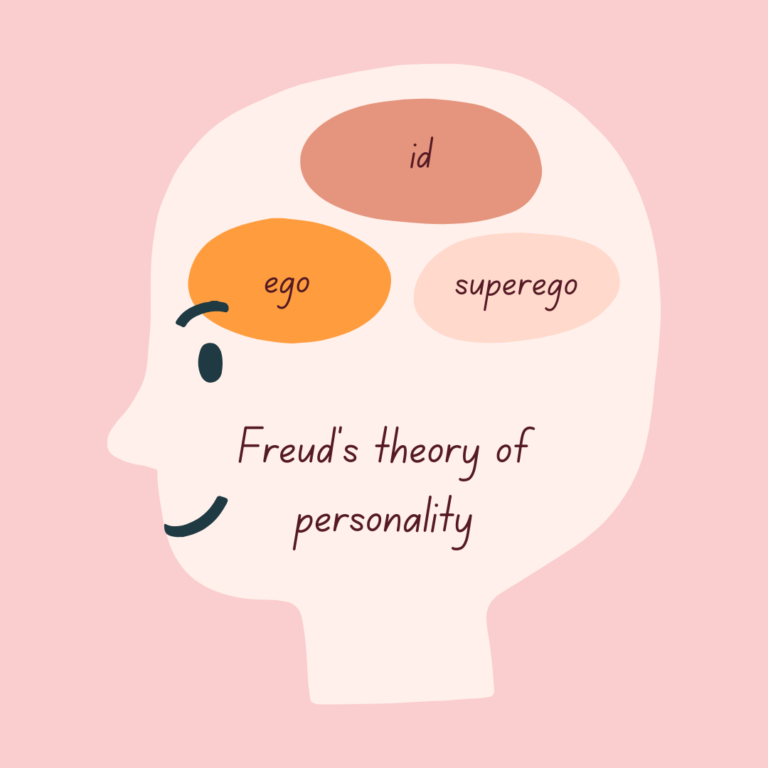What It Means to Be a Deep Thinker, According to Psychology
Deep thinkers are considered and creative. Learn more about how to recognize the signs—and boost your own deep thinking skills in the process.

Being a deep thinker means you engage in thoughtful, reflective, and analytical processes. You often take time to explore new ideas and question what you see and hear, aiming for a deeper understanding. Deep thinkers like you rely on slow, deliberate thinking, focusing on reasoning and analysis instead of quick, intuitive judgments. You’re usually curious and open-minded, willing to ponder different perspectives.
Many deep thinkers enjoy solitude for reflection and often excel in creative and systematic problem-solving. This profound approach can influence your personal and professional life positively, helping you build strong relationships and innovative solutions. Keep reading to discover more insights about what it means to be a deep thinker.
Key Takeaways
- Deep thinkers engage in slow, deliberate cognitive processes, contrasting with fast, intuitive thinking.
- They exhibit high levels of creativity, analytical skills, and empathy.
- Curiosity and open-mindedness drive them to explore and challenge existing ideas.
- Their reflective nature often leads to profound personal insights and deep connections with others.
- Deep thinkers systematically analyze situations, often questioning initial assumptions and conclusions.
What Is a Deep Thinker?
A deep thinker is someone who engages in profound, reflective, and analytical thinking processes. If you’re a deep thinker, you likely spend a lot of time exploring new ideas and considering different perspectives. You don’t just accept things at face value; instead, you have a willingness to question what you see and hear. This constant search for deeper understanding means you engage in deep thought regularly.
As a deep thinker, you often find yourself intrigued by complex concepts. You enjoy breaking these ideas down and analyzing them from various angles. This approach helps you to see the bigger picture and understand the nuances others might miss. Your curiosity drives you to seek out new information and experiences, broadening your horizons and enriching your knowledge base.
When you encounter problems, your thinking style involves critical analysis and creative problem-solving. You’re not afraid to challenge assumptions and think outside the box. Your deep thought processes enable you to come up with innovative solutions and unique insights.
This mindset not only benefits you but also contributes to society, as your ability to inspire change and foster critical thinking can lead to meaningful advancements and improvements.
Characteristics of Deep Thinkers
Here are 8 signs that someone is a deep thinker:
Creative Expression Comes Naturally
Deep thinkers often express their complex inner world through creative pursuits. Whether composing music, writing poetry, or crafting stories, they use artistic expression as a natural outlet for their profound thoughts and emotions. This creativity isn’t just a hobby—it’s a fundamental way they process and understand the world around them.
They Make Unexpected Connections
One hallmark of deep thinking is the ability to see patterns and relationships that others might miss. These individuals excel at linking seemingly unrelated concepts, drawing from diverse fields of knowledge to form unique insights. They might connect a scientific principle to a philosophical concept, or find parallels between historical events and current situations.
Solitude Is Their Sanctuary
Many deep thinkers are naturally introverted – or tend to be extroverts that appreciate some time to themselves. While others might feel lonely in isolation, deep thinkers find solace and energy in solitary moments. They require this alone time not just to recharge, but to process their thoughts, reflect on experiences, and dive into complex ideas without distraction. This preference for solitude isn’t antisocial—it’s a necessary space for their minds to work at their best.
They Question Everything
Deep thinkers rarely accept information at face value. They have an insatiable need to understand the “why” behind every statement, belief, or conventional wisdom. This questioning nature isn’t about being contrary—it’s about seeking genuine understanding and truth, even if it means challenging their own beliefs.
Empathy Runs Deep
Their thoughtful nature extends beyond abstract concepts to a profound understanding of human emotions. Deep thinkers often possess an almost uncanny ability to understand others’ perspectives and feelings. This emotional intelligence stems from their habit of careful observation and reflection on human nature.
They’re Comfortable with Complexity
Unlike those who seek quick, simple answers, deep thinkers embrace life’s complexities. They understand that most significant questions don’t have easy solutions, and they’re willing to sit with uncertainty while exploring multiple perspectives. This comfort with ambiguity allows them to consider problems more thoroughly than others might.
Mental Focus Is Their Superpower
When engaged with a topic that interests them, deep thinkers can maintain intense concentration for extended periods. This isn’t just about having a long attention span—it’s about their ability to examine ideas from multiple angles, turning concepts over in their minds until they fully understand them.
Independent Thinking Defines Them
Deep thinkers aren’t swayed by popular opinion or conventional wisdom. They form their own conclusions based on careful analysis and reflection, even if these views differ from the mainstream. This independence of thought often makes them innovative problem-solvers and valuable contributors to any field they pursue.
Cognitive Processes of Deep Thinking
Deep thinking involves engaging in slow, deliberate, and rational cognitive processes, often scrutinizing intuitive responses to guarantee soundness. This method of thinking contrasts with fast, automatic, and intuitive thought processes.
When you think deeply, you primarily use what psychologist Daniel Kahneman refers to as ‘System 2’ thinking. Unlike ‘System 1’ thinking, which operates quickly and automatically, System 2 requires you to take your time, analyze information, and make reasoned decisions.
As a deep thinker, your thought processes are systematic and thorough. You don’t just accept your initial gut reactions; instead, you question and evaluate them. This approach helps ensure that your conclusions are well-founded and less prone to errors.
Understanding the difference between fast and slow thinking can help you appreciate the depth of cognitive processes involved in deep thinking.
Engaging in deep thinking means you’re more likely to contemplate multiple perspectives before arriving at a decision. This deliberate consideration often leads to more thoughtful and effective problem-solving. By taking the time to think deeply, you’re better equipped to tackle complex issues and come up with innovative solutions.
Impact of Being a Deep Thinker
Being a deep thinker profoundly influences your personal and professional life, fostering meaningful relationships and innovative solutions. Deep thinkers often need time alone and a quiet environment to process their internal thoughts. This solitude allows you to reflect deeply, leading to a better understanding of yourself and others. In a professional setting, your ability to think critically and creatively can drive innovation and problem-solving.
However, there are some challenges associated with being a deep thinker. You might appear absent-minded or messy because your focus is more on your internal thoughts than on your surroundings. This can sometimes make it difficult to stay organized or attentive to immediate tasks. Despite these challenges, the benefits often outweigh the drawbacks.
Your reflective nature helps you form deep connections with others, as you’re likely to engage in meaningful conversations that foster empathy and understanding.
In addition, your ability to think systematically enables you to come up with innovative solutions that can positively impact your work environment. Understanding these impacts allows you to harness the strengths of being a deep thinker while managing any potential downsides effectively.
How to Become More of a Deep Thinker
To enhance your ability as a deep thinker, start by incorporating regular deep thinking exercises like journaling or meditation into your routine. These practices help you develop introspection and critical analysis skills.
Additionally, reading a diverse range of literature can stimulate your mind and expand your perspective, allowing you to explore ideas deeply.
Engaging in deep, meaningful conversations is essential. These interactions can cultivate empathy and understanding, enriching your intellectual growth. Practice active listening during these conversations to truly absorb and reflect on the ideas being shared.
Another important step is to question assumptions and beliefs. Actively seek out different viewpoints and challenge the status quo. This habit encourages a deeper level of critical thinking and opens your mind to new possibilities.
Summary
Understanding what it means to be a deep thinker can enrich your life. By recognizing the characteristics and cognitive processes involved, you can appreciate how deep thinking impacts both personal growth and societal progress.
If you want to become more of a deep thinker, focus on cultivating curiosity, reflective practices, and empathy. This mindset can lead to more meaningful relationships, better problem-solving skills, and a richer understanding of the world around you.
Sources:
De Houwer J. (2019). Moving beyond system 1 and system 2. Experimental Psychology, 66(4), 257–265. https://doi.org/10.1027/1618-3169/a000450
Tay, S. W., Ryan, P., & Ryan, C. A. (2016). Systems 1 and 2 thinking processes and cognitive reflection testing in medical students. Canadian Medical Education Journal, 7(2), e97–e103.





